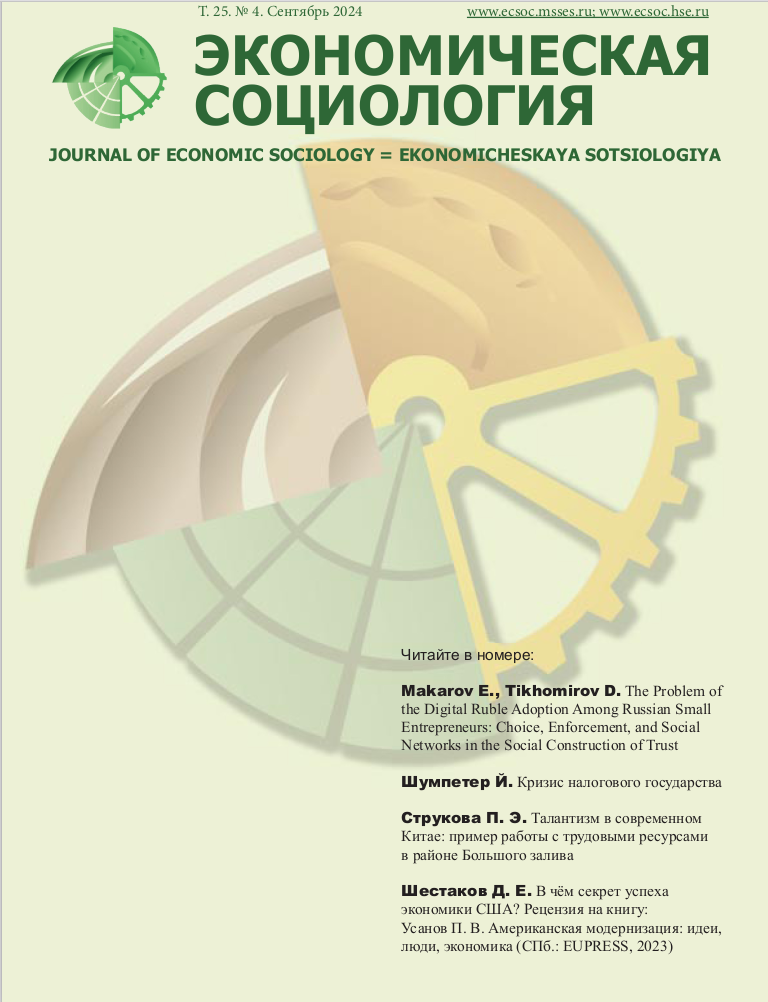Over(re)load in IT Corporation: How and When Institutional Changes are Possible?
Book Review: Kelly E., Moen P. (2020). Overload: How Good Jobs Went Bad and What We Can Do about It, Princeton: Princeton University Press. 336 p.
Abstract
Today, the work of highly qualified professionals, once considered “good,” is becoming more intense and less safe. White-collar workers are forced to work more and remain constantly connected. Such an overload has a number of negative consequences for both workers (deterioration of health, subjective well-being, burnout, and a desire to quit mixed with the fear of losing a job) and for companies (high staff turnover, decay of the atmosphere in teams, decreased creative potential of employees, and diminished competitiveness of the company).
The book written by Professor of Management E. Kelly and Professor of Sociology P. Moen, titled Overload: How Good Jobs Went Bad and What We Can Do About It, describes the results of a five-year experiment on the implementation of the STAR program (Support. Transform. Achieve. Results) in one large American IT corporation. STAR focused on implementing new organizational principles aimed at increasing flexibility in work schedules and granting freedom in deciding task priorities, locations, and methods of accomplishment. According to the results of the experiment, objective indicators of corporate competitiveness did not change due to organizational innovations, and the time spent on completing work tasks remained approximately the same. At the same time, employees became more engaged, focused, and sociable while reporting higher levels of productivity. This was true for both women and men. However, despite all the positive results from the STAR project’s implementation for developers, managers, and the corporation as a whole, the researchers' book ends pessimistically: the experiment did not last long. After the merger of the IT corporation with another, more conservative Ann, the STAR program was curtailed. Why did this happen? What explanations do managers and sociologists offer regarding the merged IT corporation's refusal to follow scientifically proven positive practices for creating conditions that allow flexible work organization for their employees? Were the changes truly beneficial? As is often said, all good things must come to an end eventually. Or did the STAR project have shortcomings? This book review is partly devoted to an attempt to answer these questions.













